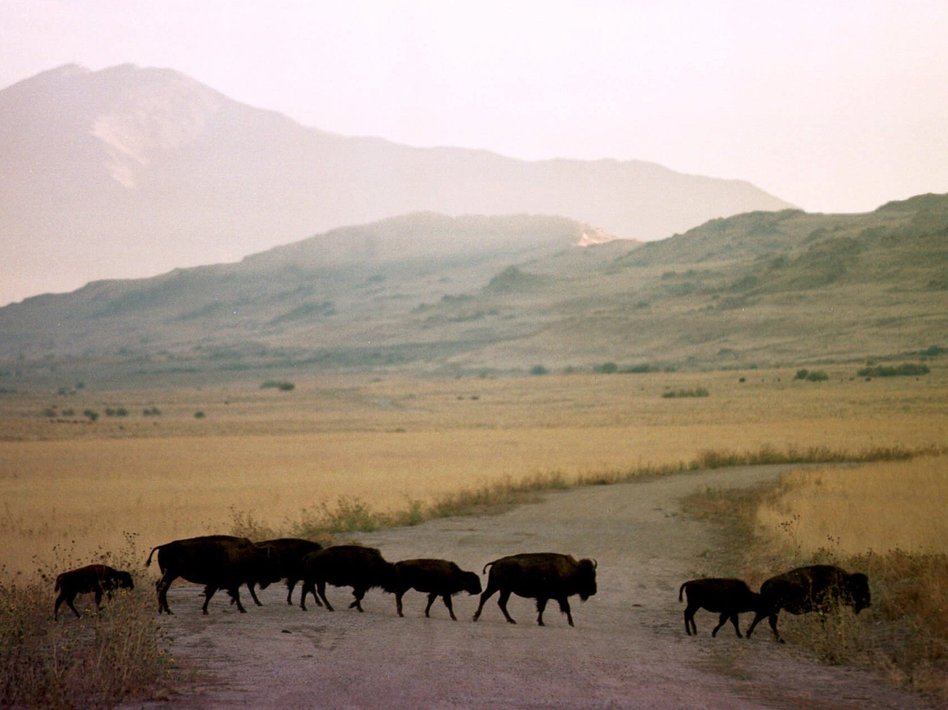
Want to know where most motorists hit deer? To answer such a question, at least in Utah, used to involve the laborious task of sifting through mountains of paperwork. And, the results weren’t even all that accurate.
But a team of scientists at Utah State University have developed a smartphone application to make the task easier and are hoping that “citizen scientists” will help them compile a road kill database.
Publishing in the journal PLOS ONE, the team said they were motivated by “a critical need for accurate and standardized wildlife-vehicle collision data, because it is the underpinning of mitigation projects that protect both drivers and wildlife.”
“We wanted to call it the Roadkill Reporter, but since we were working with the [Utah] Department of Transportation, we thought Wildlife Vehicle Collision Reporter would be a more tactful way to put it,” Utah State wildlife biologist Daniel D. Olson, a lead author on the study, is quoted by The Los Angeles Times as saying.
When Olson began his doctoral thesis on road kill, he was having a tough time finding accurate data. “Everything was on paper forms and was being collected by many different individuals,” he says, according to the Times.
The newspaper reports:
“Olson’s team, which included state wildlife, transportation and mapping agencies and fellow Utah State researchers, spent about $34,000 to develop the smartphone and desktop application, linked to a database that can update constantly.
“Then they took it on the road.
“The state employees and contractors mapped 6,822 animal carcasses with an accuracy of about 15 feet, while the old method that relied on the nearest highway marker could be off by as much as 2,600 feet, the study found. Reporting and uploading data also took half the time on the smartphone system, the study found.”
The team that developed the road kill app hopes that reports from the general public logging into the application will help authorities determine where to construct fences and wildlife crossings to prevent dangerous encounters between motorists and animals.
“[Citizen] science has emerged as a powerful tool to address scientific problems that were previously too costly, difficult, or labor intensive for researchers to undertake,” the report says, adding that the participation of the public “has the power to focus the efforts of many individuals on large scale problems.”
(H/T to NPR’s Joe Palca for pointing out this story)
Read original article – Published June 05, 2014 6:13 PM ET
Tracking Road Kill? There’s An App For That, Too
